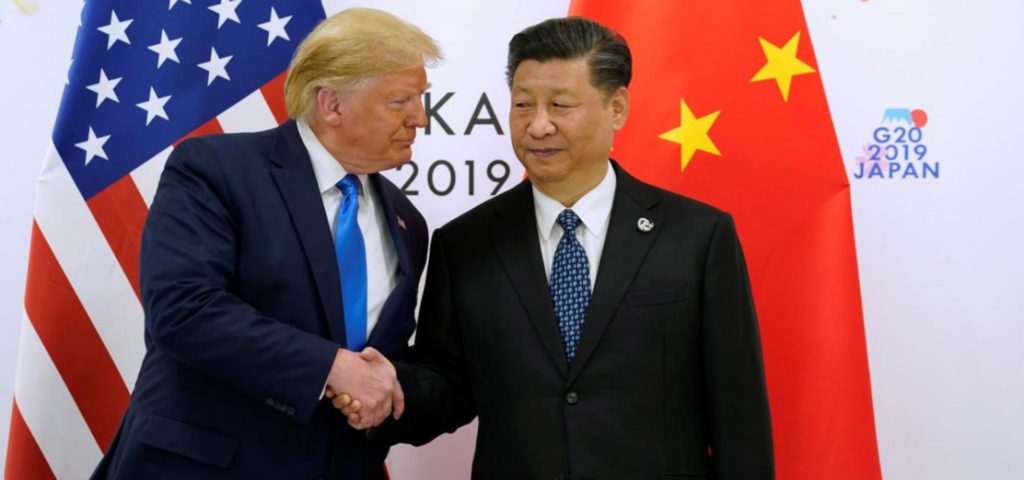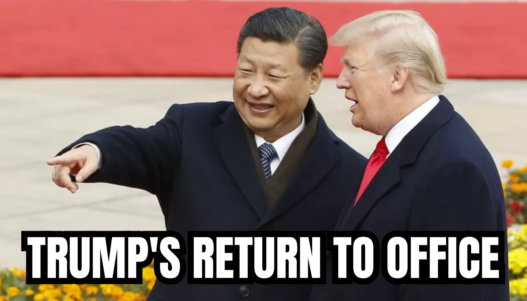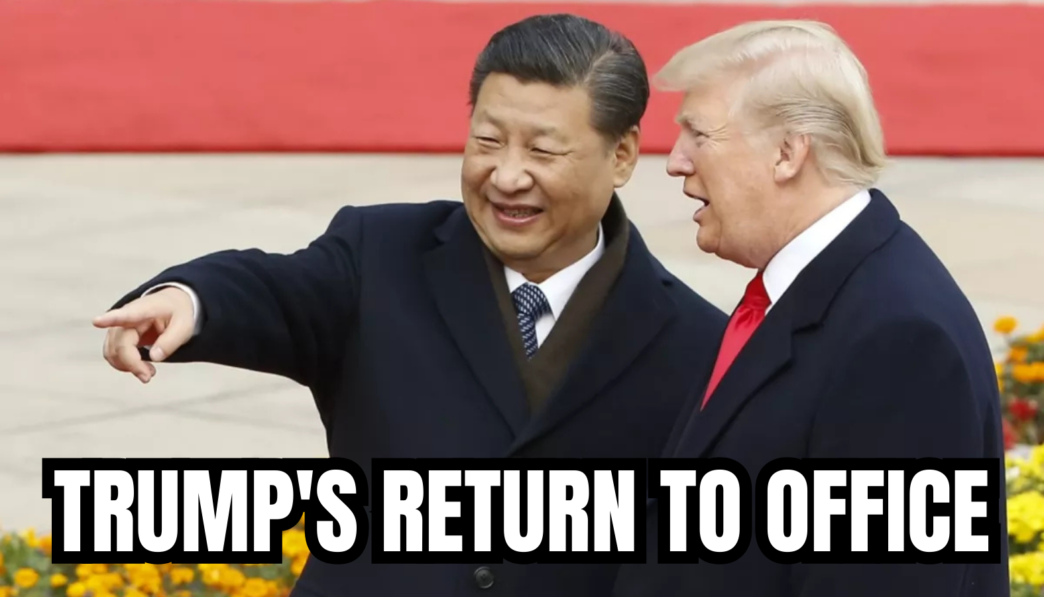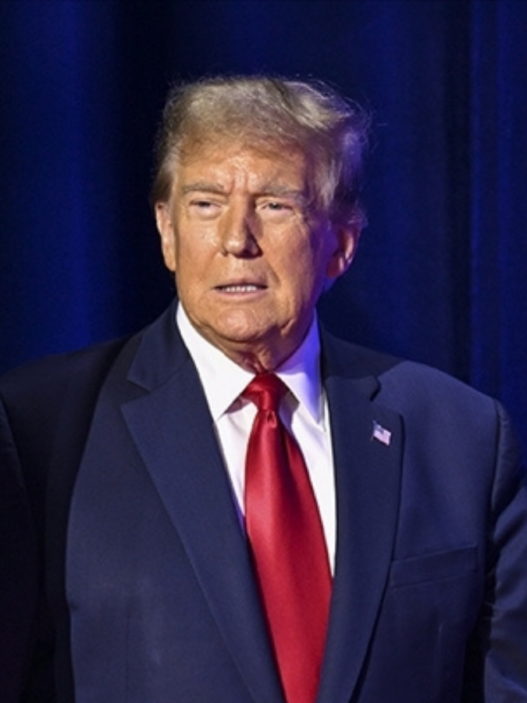WASHINGTON D.C. – With Donald Trump’s anticipated return to the presidency in 2024, the future of U.S.-China relations is at a critical crossroads. Trump’s previous administration was defined by a hardline stance toward China, with a focus on trade wars and tariffs. As he prepares to reenter the political arena, the question arises: How will Trump approach China in his second term? And why are U.S.-China relations so crucial for global stability?
Trump and China: Rivalry or Cooperation?
When Trump returns to office, it’s likely that his administration will continue to adopt a firm policy towards China, building on his earlier efforts to curb China’s rise. During his first term, Trump labeled China an economic adversary and took drastic measures, such as imposing tariffs and restricting Chinese companies, to limit China’s global economic influence. Trade wars and tensions over technology and intellectual property were central to his strategy.
However, a shift toward more pragmatic diplomacy could also be on the horizon. While Trump has been a vocal critic of China’s policies, he may see the need for limited cooperation on certain issues, such as climate change or global trade stability. His return to the presidency could be marked by a more nuanced approach, balancing competition with selective engagement, especially as global economic challenges persist.
Trade Wars and Global Economic Impact
The trade wars between the U.S. and China, marked by tariffs and retaliatory measures, had a profound impact on the global economy. These trade tensions disrupted supply chains, leading to higher costs and uncertainty for global markets. The U.S. placed tariffs on billions of dollars’ worth of Chinese goods, while China responded with its own tariffs on U.S. products, particularly in agriculture and technology.

If Trump reverts to this approach, it could intensify these economic frictions. However, with both countries deeply integrated into the global economy, any escalation could have broader consequences. The economic decoupling of the U.S. and China, while politically appealing to some factions in the U.S., may not be feasible without substantial costs to both nations and the global market.
U.S.-China Relations and Global Security
Beyond trade, U.S.-China relations are also critical to global security. Issues like Taiwan, the South China Sea, and North Korea remain hot spots where the two superpowers have often found themselves on opposing sides. Trump’s foreign policy may be marked by increased military presence in the Asia-Pacific region and a harder line on China’s assertiveness in these areas.
China’s growing military capabilities and its territorial disputes in the South China Sea challenge U.S. influence in the region. Trump could take a more aggressive stance, strengthening alliances with countries like Japan, South Korea, and Australia while confronting China’s growing regional dominance. However, such a policy would also risk escalating military tensions, which could have far-reaching consequences for international security.
The Future of U.S.-China Relations: A Pivotal Moment?
The future of U.S.-China relations under Trump will likely determine not only the trajectory of the two countries but also the shape of the global order in the coming decades. A return to a trade war might reignite economic tensions, while diplomatic maneuvering could open new avenues for cooperation. Either way, Trump’s second term promises to be a defining period for these bilateral ties.
As the U.S. and China continue to navigate their complex relationship, the stakes are higher than ever. For Trump, the challenge will be balancing competition with cooperation in ways that secure America’s interests while preventing global instability. This balance could define his legacy as much as any domestic policy initiative.
The world will be watching closely as the U.S. and China, the two largest economies, continue to shape the future of global trade, security, and diplomacy. Trump’s approach to China will have far-reaching consequences, not only for the two countries but for the entire international system.













